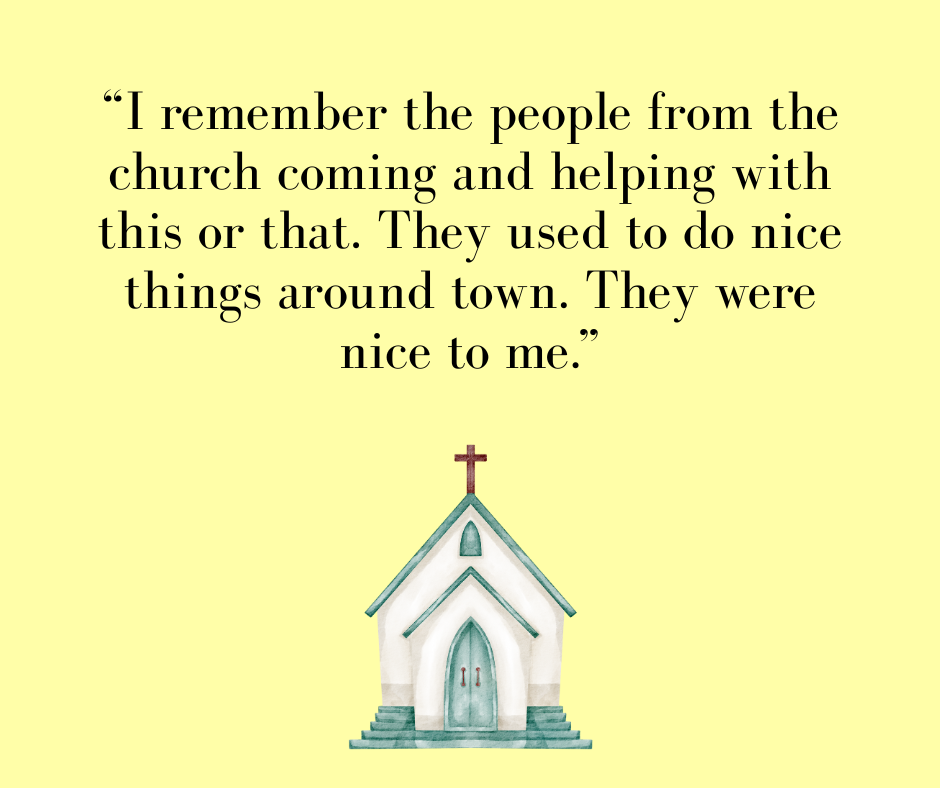A fellow member of the clergy asked me the other day about my views, as a parent of teenage and pre-teenage children, on the struggle to get youth and young families into the church. Much of my ministry efforts over the years have been directly concerned with that demographic, so I do feel I have a few things to say on the matter.
To start with, I’d like to discard a common preconception about the relationship young people have with the church. The way it is most often put to me is: “Young people don’t want to come to the church anymore.” This is incorrect.
Young people NEVER wanted to come to the church.
The history that many older parishioners and clergy remember is a time when churches were filled with people of all ages. We long to have that again, and we grumble about the state of the world and today’s young people, wishing that the importance of church would once again arise in their hearts.
But the truth is, that perception is based on a very different societal situation. It comes from a time when the people living in a community went to church every Sunday. It was expected, and you would be looked down upon if you did not. Church was part of life, like going to work or school.
Later, this began to change. The expectation of participating in a church began to diminish for a variety of reasons. Still, many young people went—not out of obligation to their community, but out of obligation to their parents, for whom church life remained important.
After a while, even that began to change. As businesses opened and activities took place on Sundays, and as the world generally moved faith away from being one of the centre points of our lives, young people no longer felt the need to regularly attend worship or be involved in the life of the church.
We are mistaken to think these changes robbed young people of the need for church in their lives. In reality, these changes simply cut the leashes that had kept young people tethered to a church they would have long abandoned if those leashes had never been there.
It’s not a pretty truth, but there it is.
Church was what you were supposed to do on Sunday. Young people went, and quite often enjoyed doing so—but perhaps that was because there were few more appealing alternatives on a Sunday.
Now, none of this is universally the case. There are always exceptions—youth who joyously come to our churches—and we treasure them as precious.
The Anglican Church, in our context, has now found that the solid base we once depended on has started to wash away like sand. Our active parishioners are mostly those who come from a time when you always went to church. Their children and grandchildren, by and large, do not. Our numbers and resources dwindle as a result.
So it comes to us now to start playing the long game. We’ve tried to play it short, doing things more or less as we’ve always done them, trying to cling to what we have. And we’re losing ground.
It is no good asking, “How do I get young people into the church?” That’s the wrong question, and you probably wouldn’t like the answer.
The better question is: “How do I get my church out among the young people?” That is where you might actually make a difference.
Not in the short term. You’re not going to volunteer at a handful of school breakfasts and suddenly find young families sitting up front on a Sunday morning. This is not going to save your building or keep your clergy’s stipend paid.
But what it might do is show the young people in our communities that the people of the church are kind and loving. It might give them a different perspective so that, in their lives, when they read news stories about mistakes a church has made somewhere, or when they hear negative stereotypes about church people and church life, they can think for themselves: “I remember the people from the church coming and helping with this or that. They used to do nice things around town. They were nice to me.”
The church cannot simply be worshipping on Sundays and wishing there were young people there to hear. It needs to be seen getting involved in every good work, no matter who is doing it or where.
Because it’s not about saving the building or paying the bills. It’s about living the Gospel. Anything else is inauthentic—and the youth can see that.


